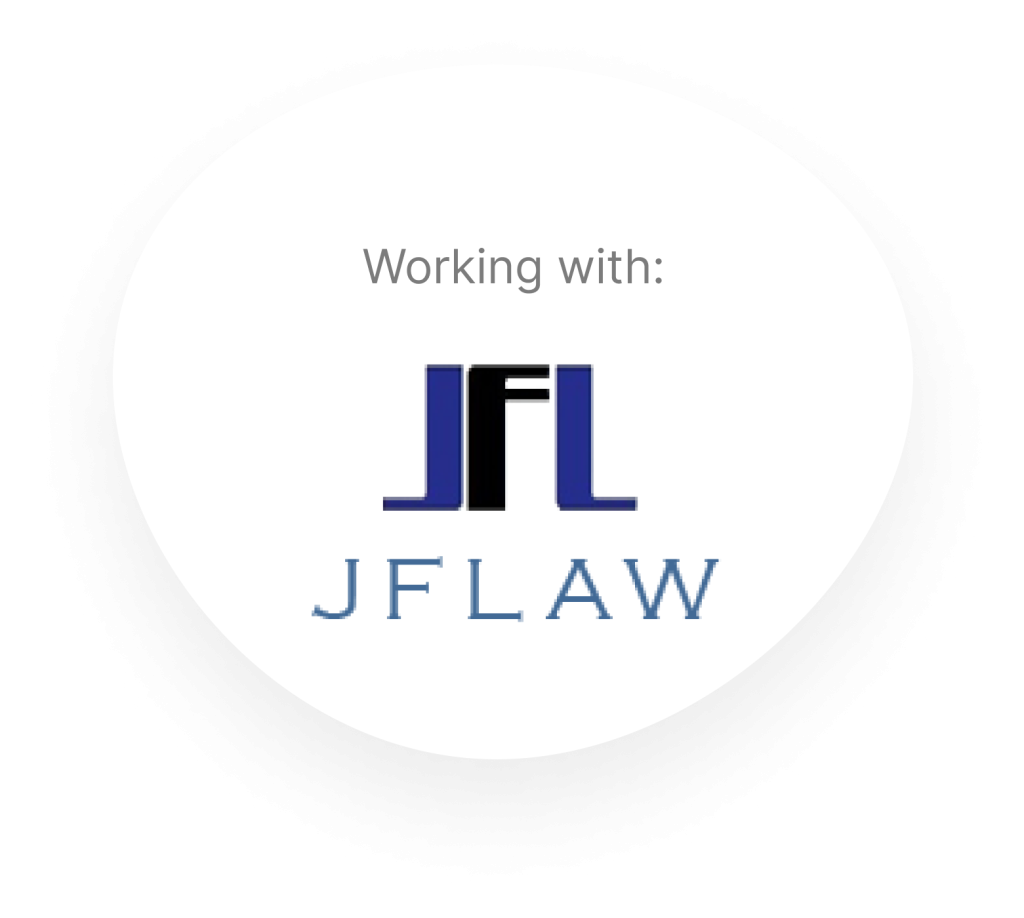It’s tempting when you see all the glossy advertising from personal injury lawyers to think about making a claim for your accident or maybe seeking advice on a medical negligence incident that’s happened to you. Personal injury cases are big business for law firms, but surely there’s no such thing as free legal advice? Does every claimant end up with compensation awarded?
If you have had an accident in a public space, been injured at work, or perhaps you’ve recently had medical treatment that has gone wrong because of a medical mistake, then you might be able to start claiming compensation with a no win no fee lawyer. No win no fee solicitors sound like the answer, but is it really too good to be true?
In this guide, we’ll cover all the aspects of no win no fee claims, how the fee arrangements work and the practical reality of trying to recover compensation from a third party.
What Is A No Win No Fee Compensation Claim?
A no win no fee claim is a form of litigation for compensation managed by no win no fee solicitors. Legal experts evaluate your case to establish whether or not you have a legitimate claim and who could be responsible for your injuries. If you have a case against a third party who owed you a duty of care which they breached causing you injury, you could start a no win no fee claim.
Not all law firms are made equal, so some are happy to handle personal injury claims but don’t offer no win no fee agreements. In a no win no fee personal injury claim, legal representation works on the basis of a conditional fee agreement.
A conditional fee agreement (also known as a no win no fee agreement) means no legal fees to pay, not just at the outset but throughout the compensation claim. If your claim results in compensation, the law firm representing you will charge a success fee, normally a percentage of your settlement. The amount they charge will be set out clearly in the conditional fee agreement before they start work. Their fee is capped by law at 25% of the compensation award. If the claim fails, then you won’t pay a penny.
How Do I Know If I Have A Legitimate Personal Injury Claim?
For a successful claim, there needs to be an injury caused to you by a third party who owed you a duty of care. This could be the council responsible for maintaining the pavement you tripped on because of a loose slab. It could be your employer who failed to conduct a thorough risk assessment, or a medical mistake caused by a healthcare professional.
Our expert no win no fee solicitors offer a free assessment of your case so we can ascertain your eligibility before you take the next step and sign up for a no win no fee agreement. The legal costs are clearly explained, with our fees representing a fixed percentage of any compensation you are awarded.
Professional no win no fee solicitors will be honest with you about the strength of your claim, including the likely amounts of compensation you could win. It’s not in their interests to take on no win no fee claims when you are not eligible, or there is no legal basis to start a claim, and they’ll be keen to win your case because then they’ll get paid.
Medical negligence cases are much more complex and require evaluation by no win no fee solicitors with a particular specialism in this area.
Are There Any Hidden Charges?
It does all sound too good to be true, but no win no fee agreements can really deliver excellent legal services and value to people who don’t have the money to start a personal injury claim and pay expensive fees upfront to a specialist lawyer.
No win no fee arrangements do vary from one law firm to another. However, most agreements only cover your solicitor’s legal costs and not things like court fees so this means just your solicitor’s upfront costs and the charges involved for preparing and representing you through to the claims’ conclusion.
If a claim proves tricky and runs on for a long time – a good example of this is medical negligence claims – then there is a possibility that the money recovered as compensation may not cover all the costs of your no win no fee solicitor. This isn’t a hidden cost but a possible outcome that you need to be aware of before signing up for a no win no fee agreement.
However, you won’t ever be required to pay the difference if the compensation awarded is not high enough to cover your solicitor’s costs. Any success fee is capped by law to protect your monetary compensation.
Are There Any Other Costs Involved?
Solicitors fees are not the only charges associated with a no win no fee claim; there can be charges for medical reports from an independent medical professional and court fees.
Many solicitors in no win no fee compensation claims will take out an insurance policy on your behalf and, as an adjunct to the no win no fee agreement to cover these additional charges if your claim fails. This cover is known as after the event insurance, and the insurance premium is usually deducted from any settlement you are awarded as part of the agreement.
How Does The Claims Process Work?
After our team has assessed all the details of your claim, you’ll be connected with a no win no fee solicitor who will look at your case in more detail. If they think it has merit, they will discuss a no win no fee agreement with you including the percentage charge for their costs if your claim succeeds.
All the legal advice you receive from the moment you pick up the phone or drop us a message is on a no win no fee basis. You won’t pay any solicitor’s fees even before you reach the point of signing a conditional fee agreement (CFA).
Once the CFA is signed, your no win no fee lawyer will proceed with your case, gathering the appropriate evidence from medical records, witnesses if appropriate, and your own testimony.
Many cases settle before they reach Court because it is in no one’s interest to incur the additional expense and delay of litigation, especially where fault is obvious. If your case is not successful, then you will not pay any legal costs in line with your no win no fee agreement.
Frequently Asked Questions
What about the other side’s legal fees?
A conditional fee agreement will cover your own solicitor’s costs if the claim succeeds, but you may find yourself footing the bill for the other side’s costs depending on the order made by the Court. If you find you are responsible for the other side’s legal costs, then your solicitor will already have arranged ATE (After The Event) insurance. This insurance policy covers your opponent’s legal fees if necessary.
Is Legal Aid the same as no win no fee?
Legal Aid is a system which helps pay for someone’s legal costs in certain circumstances. The criteria to claim legal aid are strict and quite specific, and the costs are met by the government initially and can be recovered from your opponent. Legal aid usually protects you against the other side’s costs.
No win no fee schemes are entirely different to legal aid.
How do I know if my no win no fee claim will be successful?
All no win no fee claims must have a legal foundation to progress, so as a minimum, you must be able to demonstrate injury caused by someone who owes you a duty of care. Your solicitor will be able to advise you of the strength of your case and how much compensation you could receive for your injuries.
What are disbursements?
Disbursements are ancillary costs related to your case like costs for medical reports, court fees and the professional charges for expert witnesses. Some no win no fee solicitors include these in the conditional fee agreement so recover them from any compensation, whereas others require them to be paid separately.
This is important to clarify before you sign a no win no fee agreement. When you work with us, there are never any hidden fees and we’ll explain exactly how much you’ll pay and what for before you sign a conditional fee agreement with us.
Who pays the insurance company premium for After the Event insurance?
After the Event insurance is designed to cover your opponent’s costs if you lose your case. Who pays the insurance company depends on the terms of the no win no fee agreement.
Some solicitors will add this to the costs they claim from any compensation; others will ask you to pay the insurance premium upfront before they start work.



